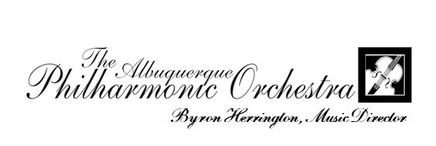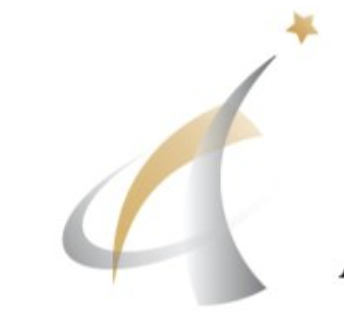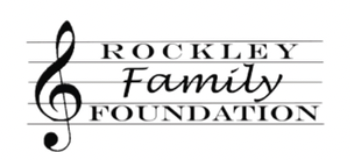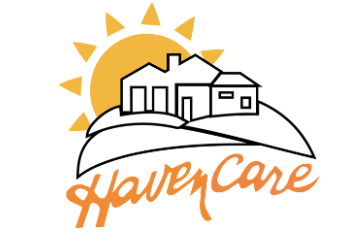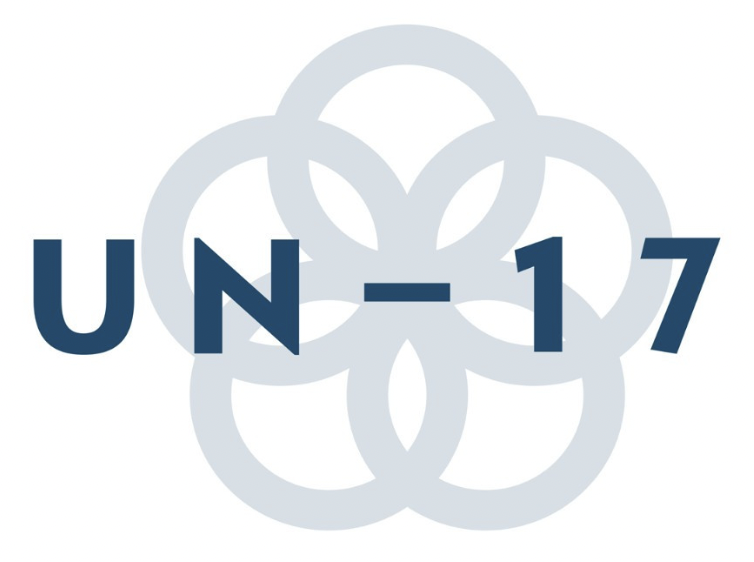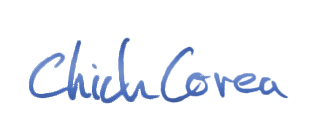Albuquerque Piano Tuning

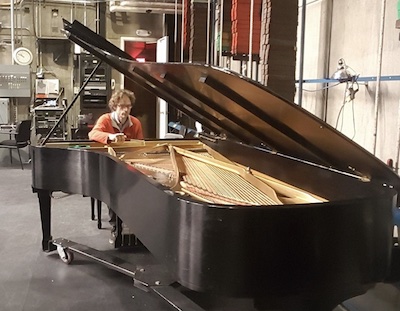
I tune in homes, schools, concerts and performance series, and religious organizations. I also provide repair, regulation, and voicing services.
Feel free to call me for an estimate at 505-600-1077, email me at wgmilleriii@gmail.com, or schedule now using the online calendar.
I look forward to serving you!
Sincerely,
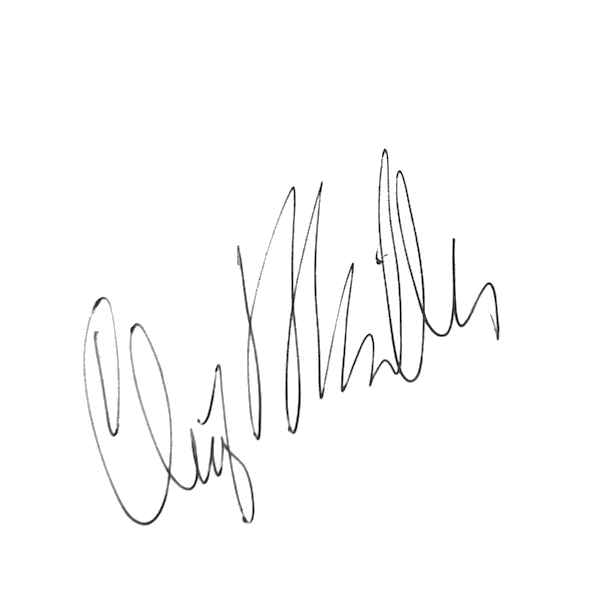
Dr. Willis Glen "Chip" Miller, III
Albuquerque Piano Services
Moving to Albuquerque? Here’s what’s best for your piano.
The Psychological Effects of a Well-Tuned Piano: Nurturing Harmony within and Beyond
A checklist of things to be aware of, or look out for, when buying a used piano
The Piano Life Saver Humidifier System: A Lifeline for Your Piano in Dry Regions
Read more...

Biography published at BachCantatas.com, Dec 2020
The American pianist, piano technician, and music teacher, Willis Glen "Chip" Miller III, grew up in Richmond, Virginia. His mother (and first teacher) was an oboist, singer, and pianist; his father was a clarinetist - the two met in music school at East Carolina. After studying for six summers at the Interlochen Music Festival, he obtained his Bachelor of Music degree in Piano Performance and Orchestral Conducting from Virginia Commonwealth University (1992-1996); his Master of Music degree in Piano Performance and Choral Conducting from the Eastman School of Music in Rochester (1996-1997); and his DMA degree in Piano Performance and Orchestral Conducting from the University of Houston Moores School of Music (1997-2001). His teachers have included Nelita True, Horacio Gutiérrez, Ruth Tomfohrde, Wesley Ball, Tayloe Harding, and Landon Bilyeu.
Willis Glen Miller enjoyed a twenty-year career in music and technology that included roles as a concert pianist, piano technician, teacher, software developer, and business intelligence leader. Since the publication of his doctoral dissertation in 2001, his work in recovering the history of piano tuning and temperament has been regarded as "seminal" and "required reading" in subsequent publications at Academia.edu. In 2010, his research in performance practice and temperament considerations was re-published at unequaltemperament.com, providing online training material for piano tuners and technicians around the world.
A second-generation Interlochen alumnus, Willis Glen Miller began attending the Arts Camp in 1987. That same year, he was the highest-awarded American at the Young Keyboard Artist Internal Competition in his age division. Receiving the Outstanding Musician Award in Interlochen's three age divisions, he was the first Camp student to present a complete solo recital, and is the only student with a four-time winner in the Camp's Concerto Competition. Entering college at age 16, he became the first musician to be the winner three years in a row at the Music Teacher National Association Competition's Wurlitzer division, and the youngest participant at the Igor Stravinsky International Piano Competition.
In 1992, Willis Glen Miller developed tendonitis in his right arm and was partially debilitated for two years. During that time, he concentrated on works for the left hand alone, and eventually recovered through physical and technical changes, given to him through his teacher-heritage to Johannes Brahms. His recovery led to performances and recordings for solo piano on both equal- and unequal-tempered instruments: Abendmusik für Klavier (2010); Key Color (2014); J.S. Bach's Goldberg Variations BWV 988 (2016); and Four Fugues on Unexpected Themes (2013), showcasing his own compositions in his favorite texture. His performance history includes marathon-like presentations from memory in counterpoint, including fugue-only recitals, and J.S. Bach's entire second book of the Well-Tempered Clavier (BWV 870-893).
Willis Glen Miller has worked as Senior Consultant at Triact in Austin, Texas (June 2006-August 2008); Faculty / IT Director at Austin Waldorf School in Austin, Texas (2008-2011); Data Architect at MyEdu in Austin, Texas (May 2011-November 2012); Database Administrator at NextGen Healthcare in Austin, Texas (February 2013-August 2014); Resident faculty at Wayland Academ in Beaver Dam, Wisconsin. Instructor of traditional and computer music (August 2014-August 2015); Senior Data Engineer at Civitas Learning in Austin, Texas (November 2016-May 2017); Piano Technician at Nuernberger Piano Company in New York City (August 1992-May 2018), caring for over six hundred instruments in public and private spaces, including the Museum of Modern Art, the Manhattan School of Music, Columbia University, and New York University.
Since May 2018, Willis Glen Miller is Resident Piano Technician and Faculty, Interlochen Arts Academy and Interlochen Arts Camp in Interlochen, Michigan. He is also an instructor in musicianship, theory, and piano technology at Interlochen Arts Academy. He is also the lead piano technician for the Interlochen Summer Arts Festival, coordinating the care of 240 pianos, harpsichords, digital keyboards, and historical keyboard instruments.
As a digital artist, Willis Glen Miller has brought music theory, piano literature, and web development together in online tools for the University of Houston, myEdu.com, Civitas Learning, Virginia Commonwealth University, and the California College Community System. His online training material in piano tuning, along with recordings and 432 interactive musical examples, is on the web at theartofpianotuning.com. He is a member of the Piano Technicians Guild in Northern Michigan. Since August 2015, he is Independent Business Owner of Colormusik in New York City. Colormusik is the world's first full-color music publisher. He tunes and performs in New York, Washington DC, Richmond, Virginia, Denver, Colorado, and Austin, Texas.
Self-biography
My deep plunge out of academia into the tuning world came when I moved to New York City and teamed up with Timothy Nuernberger to care for more than 600 instruments around the city. It was exciting going to new places every day and tuning in cathedrals, restaurants, schools, homes, and museums. For a year or so I tried to photograph each piano I worked on... I still will occassionally stop working long enough to capture a scene. The inner workings of the instrument are full of repeating patterns that I still find mezmerizing and beautiful.
 |
 |
 |
 |
 |
After my time in NYC, I moved to Interlochen Center for the Arts to care for their piano inventory - over 240 instruments ranging from the finest concert instruments to teaching studios, practice instruments, and harpsichords. It was a privilege to serve hundreds of world-recognized artists, faculty, and students.

As a pianist, I took the time to record four albums that mean a lot to me.
· Key Color (2014) was a massive tuning and performance project that eventually received its own website and explanation.
· Four Fugues on Unexpected Themes (2013) holds some of my own compositions; it is really a piano sonata in four fugal movements.
· Abendmusik für Klavier (2010), my doctoral solo recital.
· And, the Goldberg Variations (2016), which needs little introduction.
I now tune in Albuquerque, Portales, Socorro, Silver City, Las Vegas, Taos, and Santa Fe.
![]()
![]()
![]()
![]()
![]()
Chip not only did a great job with the tuning, he took the time to answer my questions about my piano! Professional, friendly, and affordable. I scheduled my next tuning with Chip before he left! Would definitely recommend his services. -Rita
Chip did a wonderful job of bringing our piano back into tune and chose a tuning specific to the time period appropriate for the sonatinas my husband has been working on. It was also a pleasure to chat with him. Thank you for sharing your knowledge and expertise, Chip! -Jess
Chip tuned my childhood piano, it's at least 50yrs old. His tuning and playing my piano sounded beautiful. He's friendly, knowledgeable and worldy with his skills and music. Highly recommended. -Sylvia
Our piano hadn't been tuned for a while and now it sounds amazing! He even fixed a minor issue with two hammers so i didn't have to find a repair person. Plus he is so kind and pleasant to work with that I am definitely going to call him again! -Elizabeth
Incredible technician and pianist. He was my instructor for a year and I learned so much from him. He's very knowledgable and kind, and has fixed so many different types of pianos even back to harpsichords. He tuned my piano in less than an hour and it has never sounded better. Definitely give him a try! -Vanah
Dr. Willis is a great guy who is professional and does a good job. He is a brilliant pianist and always entertaining. We always get a little mini-concert. Last time he even brought his Harmonograph and shared it with us. :) -Louis
Dr. Miller is a master at his craft! From my personal experience, I highly recommend his services as a piano tuner! -Gary
Professional and Excellent service! Extremely knowledgeable and great customer service! -Jason
Scheduling and Prices

Standard tuning in Albuquerque is $160 (plus tax) for instruments maintained twice a year. Please feel free to call me for estimates over the phone. You may schedule online now using the self-service system or contact me directly at wgmilleriii@gmail.com or (505) 600-1077.

Schedule Online
How are fees calculated?
To begin with, the tuner must have a well-trained ear and a deep understanding of musical pitch, intonation, and harmony. This requires a great deal of practice and experience in listening carefully to the sound of individual notes and the overall tonal quality of the instrument.
In addition to a strong musical background, the tuner must also have technical expertise in understanding the mechanical workings of the piano, including the tension and position of the strings, the function of the tuning pins and bridges, and the impact of the piano's frame and soundboard on the sound.
To put all of these skills together and tune the piano effectively, the tuner must be able to concentrate deeply for extended periods of time, often for several hours at a time. This requires a high degree of mental focus and stamina, as well as the ability to make precise and nuanced adjustments to the tuning of each individual string.
Overall, tuning a piano requires a significant amount of mental effort and expertise, as well as a deep love and appreciation for the instrument and the art of music.
In the short term, piano tuners who are exposed to loud sounds for extended periods of time may experience temporary hearing loss or tinnitus, which is a ringing or buzzing in the ears. This can cause discomfort, distraction, and difficulty in hearing and communicating with others. However, in most cases, these symptoms are temporary and can be alleviated with rest and avoiding further exposure to loud sounds.
In the long term, however, repeated exposure to loud sounds can lead to permanent hearing loss, which can have significant implications for a piano tuner's career and quality of life. This can include difficulty hearing and accurately tuning individual notes, as well as difficulty communicating with clients and colleagues.
In addition to the direct effects on hearing, there may also be indirect effects on mental health and well-being. For example, tinnitus can be a source of stress, anxiety, and sleep disturbance, which can affect a tuner's ability to concentrate and perform their job effectively.
To prevent hearing loss and other negative effects, it is important for piano tuners to take precautions such as wearing ear protection, taking regular breaks, and avoiding prolonged exposure to loud sounds. It is also important for tuners to undergo regular hearing screenings and seek medical attention if they experience any hearing-related symptoms.
All things considered, tuning three piano per day is about all that most tuners maintain for long term. Piano technicians are usually independent contractors, with overhead costs of transportation, fuel, tools supplies, training, health insurance, liability insurance, advertising, and retirement (?) planning. Technicians face the probability of health-related problems such as arthritis or tendonitis, and consider preventative, non-tuning work such as piano restoration and repair or teaching.


